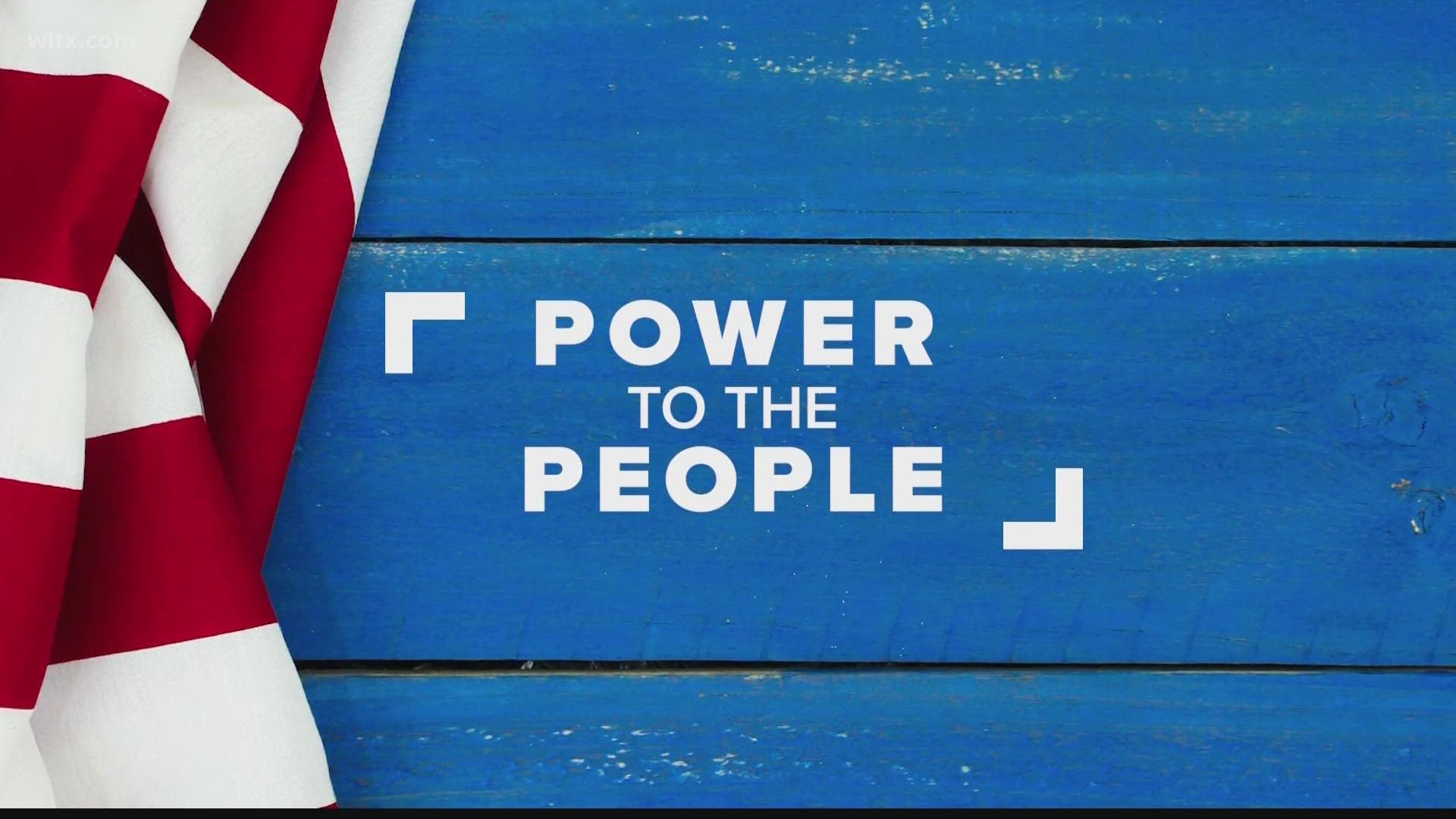COLUMBIA, S.C. — The 2022 Midterm Election is Tuesday, Nov. 8 and voters across the country including in South Carolina will decide some high-profile federal and statewide races, as well as a few local leaders.
Often when we think about Government, we think about the three branches of the federal government: Judicial, Executive, and Legislative.
At the state level, there's the Governor, the House of Representatives and the Senate.
Every four years, the President, Vice President, and one-third of the Senate, and the entire House of Representatives are elected and every two years the midterms are held. But, many people do not know that states hold local elections in off-years, too. Off-year elections, typically held in odd-numbered years, qualify as holding an election where there is no presidential or congressional candidate on the ballot.
In local races, members of town, city and county councils as well as school boards are elected.
High School Government teacher in Richland School District Two Patrick Kelly explained those leaders make decisions which impact and shape our local communities.
"In Richland county alone you're probably looking at 10 to 15 local governing bodies that are elected at various levels," said Kelly.
From approving new housing, to raising property taxes and adding stop signs, Kelly said local government impacts our daily life.
"Things like basic fire protection and police protection for your house and the operations of local schools. The operations of public services like the Richland County Public Library or riverbank zoo, all of those are funded by local property taxes," said Kelly.
Kirk Randazzo chairs the University of South Carolina’s Political Science Department. He explained state and local government are only representatives of the people that vote.
"Each of those elections will have their own set of candidates running from both parties and will have certain ideas that they’re trying to articulate to voters," said Randazzo.
Despite the larger impacts of elections, registered voter turnout remains dismal for local and state races.
According to the South Carolina Election Commission (SCEC), 72.1 percent of people turned out to vote in the 2020 general election, but in 2018 only 55 percent of eligible voters cast a ballot. Those numbers are even lower in off-year municipal elections, like those for school board, mayor, and councilmen.
“There's a perception of a lack of impact. People think big ticket races like the president have a bigger impact on your lives than city council– that’s absolutely not true," said University of South Carolina Political Science professor Joshua Myer-Gutbrod.
Randazzo said a lack of representation in voting puts the power in the hands of special interests.
"For people who don’t cast a vote on those lower governmental levels they are really giving up their opportunity to influence the level of government that will most directly affect their life," said Randazzo.
Most city or county council members serve four year terms. School board members are elected every one to two years.
Even after you vote, Kelly says democracy is an ongoing process.
"You can show up to county council hearings to local school board hearings and they usually have a public comment section," said Kelly. "You can write letters, you can make phone calls, you can visit offices."
Those letters, calls, and visits can lead to new laws and ordinances or can stop unwanted development.
"Those 10 to 20% of voters that are routinely engaged in contacting their local officials are really effective at getting their concerns on the agenda for what local government deals with," said Kelly.
Election Day is November 8. Visit scvotes.org to find your polling place, check your registration, and see what candidates are on the ballot.

